Bio
A Return to Basics
The world was sick long before COVID-19. The sickness was a global insanity to endlessly gobble up the earth’s resources.
Pioneering American environmental scientist, Donella Meadows warned, many years ago, “By using the Earth’s resources faster than they can be restored, and by releasing wastes and pollutants faster than they can be absorbed, we have long been setting ourselves up for disaster.”
Worse still, the global population keeps growing, in a world insensitive to its negative environmental impact. French naval officer and conservationist, Jacques Yves Cousteau, said, “Population growth is the primary source of environmental damage.”
Inevitably, consumption patterns in the world spiraled upward uncontrollably.
Experts acknowledge deforestation, biodiversity loss, and climate change will make the recurrence of pandemics more likely in the years to come. Governments of the world need to have a long term perspective in factoring in such situations, as a repeat of the current reaction to a COVIDE 19 type situation will destabilize the world.
The European Union, even now, is planning long term, with the recent European Green Deal, aiming to make Europe the first climate-neutral continent, by 2050. The European Climate Law proposed by the Green Deal, intends “turning the political commitment into a legal obligation and a trigger for investment.”
The Club of Rome, a global nonprofit, bringing together current and former heads of state, high profile politicians, diplomats, experts and business leaders, recently wrote an Open Letter to Global Leaders, advising “investing in renewable energy instead of fossil fuels; investing in nature and reforestation; investing in sustainable food systems and regenerative agriculture; and, shifting to a more local, circular and low carbon economy.”
Regenerative agriculture, which focuses on drawing carbon out of the atmosphere and into the soil, was being considered by countries even before COVID-19, and may accelerate now. But whether it can reverse climate change is yet a topic of debate.
This apart, the world has irreversibly changed in ways that matter. The lessons from the coronavirus are not being taken lightly. The concept of a “global economy” has collapsed. Countries will, from here on, place greater faith in local producers and suppliers. Commuting to work will reduce significantly, and less vehicles on the road will lead to air pollution reducing in great strides. On the flip side, internet access and the ability to work online will change the working world in unimaginable ways.
What is more, the COVID-19 brought forth a whole new set of heroes, giving a whole new meaning to heroism. All over the world, people applauded and profusely thanked doctors, nurses, technicians, emergency medical staff, and pharmacy staff, for battling on the frontlines of the war with COVID-19, with limited or no self-protection, yet committed to the bitter end to save lives. The world finally started realizing that patriotism means helping people live, and not blowing up someone else’s community.
Above all, a virus that did not discriminate between rich and poor, or powerful and vulnerable, made people conscious of their own mortality. They now fear how history will judge them for their wanton destruction of a plentiful earth. Many countries are consciously returning to basics.
As natural historian, Sir David Attenborough said, “Surely we have a responsibility to leave for future generations, a planet that is healthy and habitable by all species.”




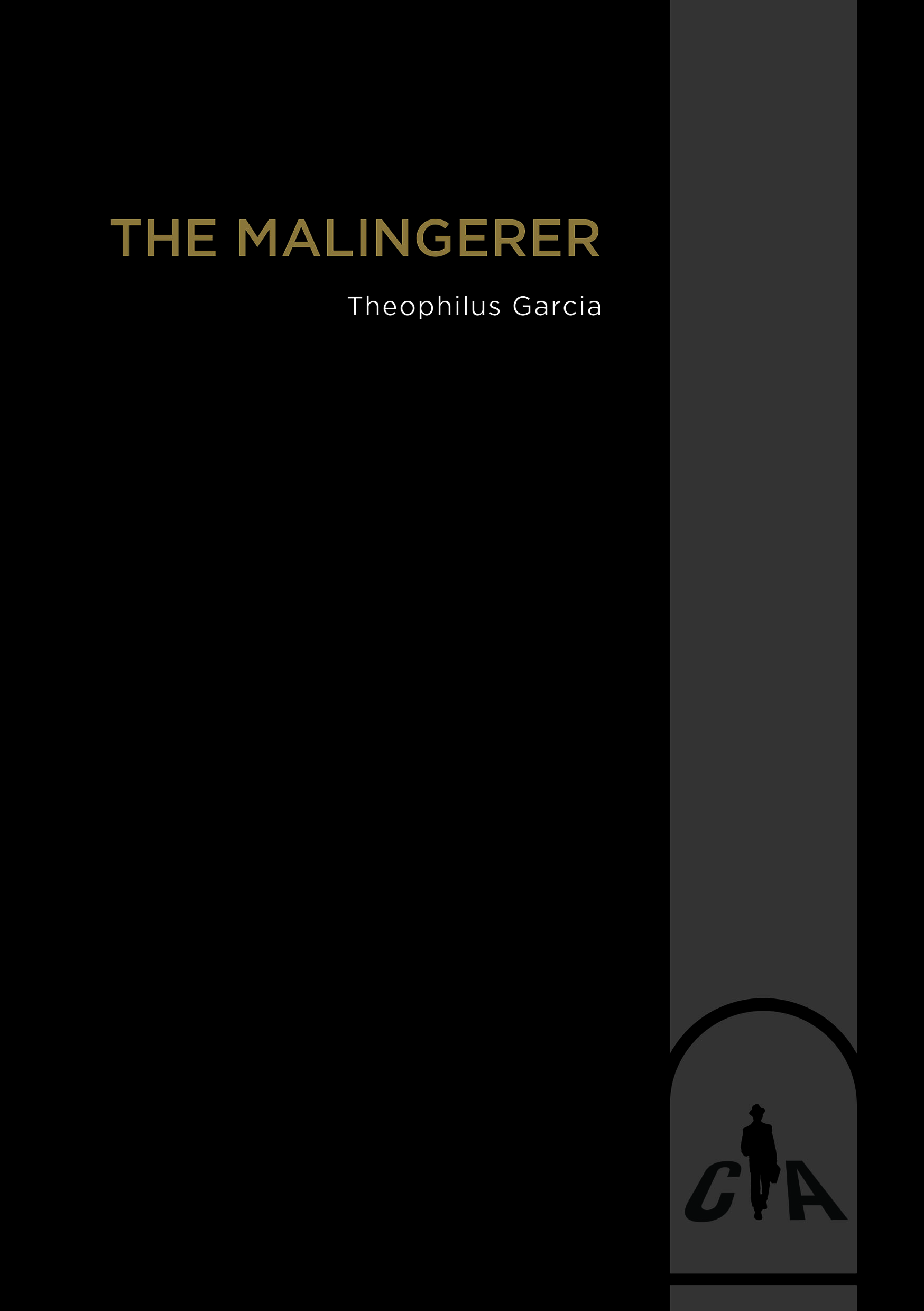

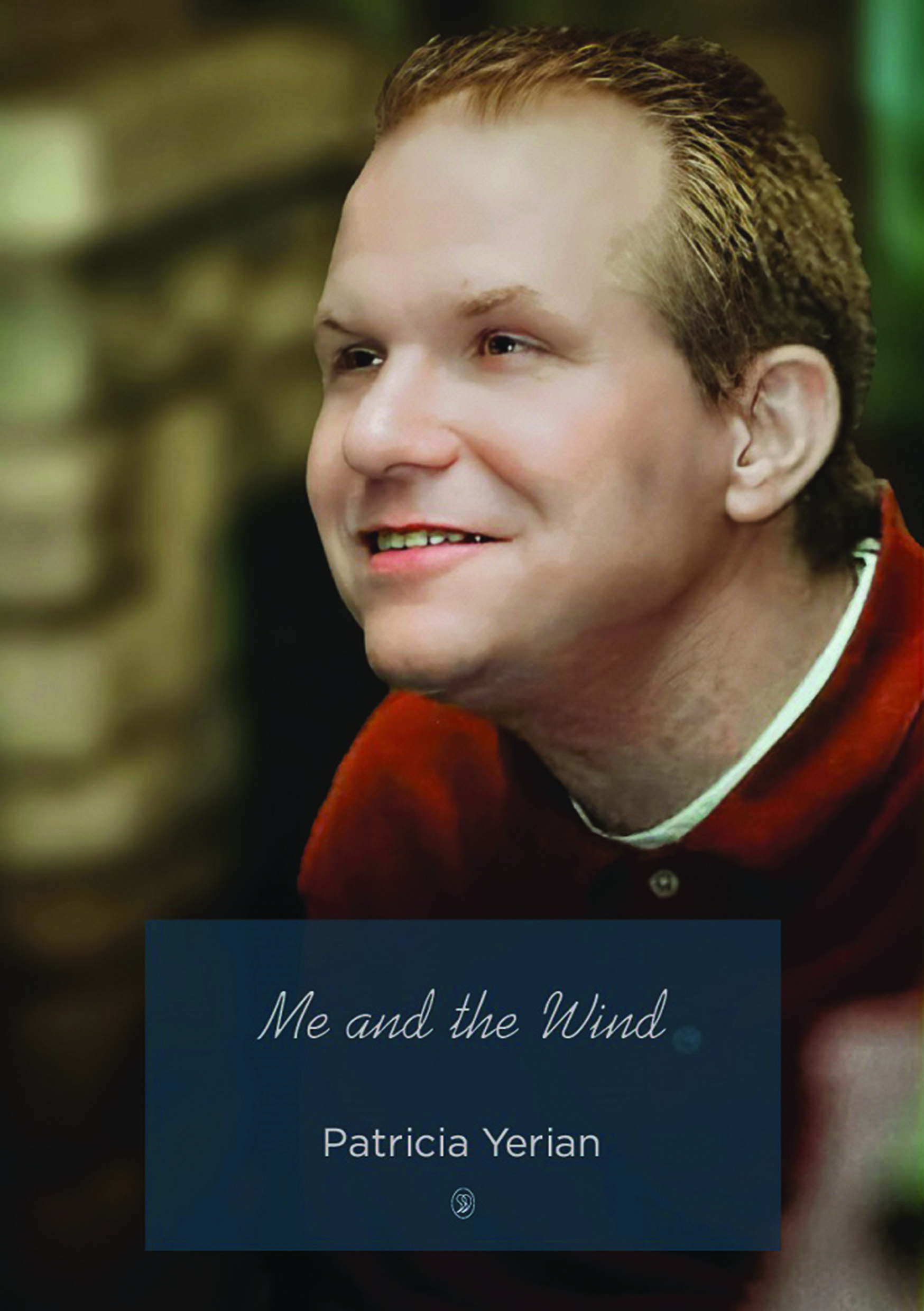







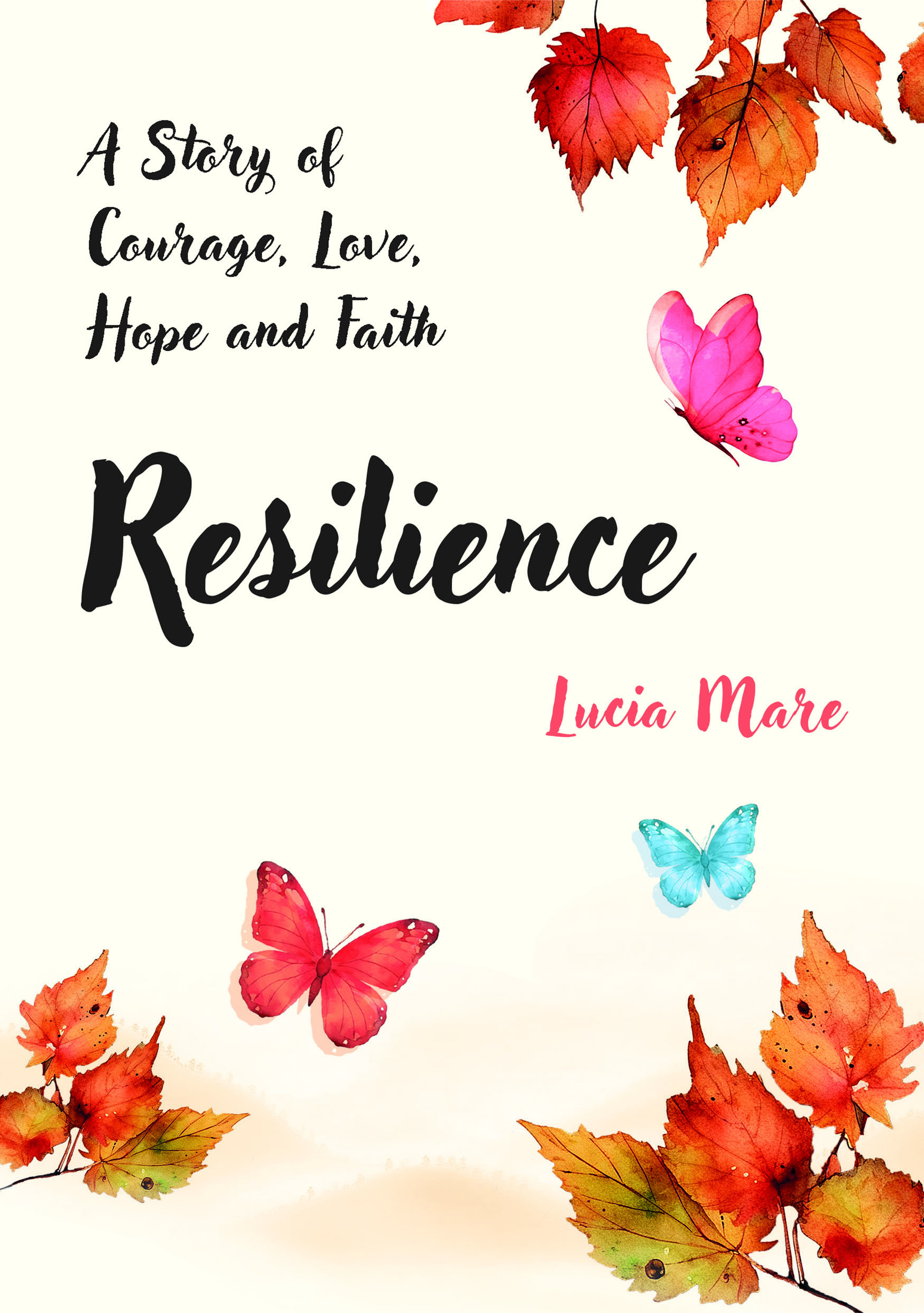

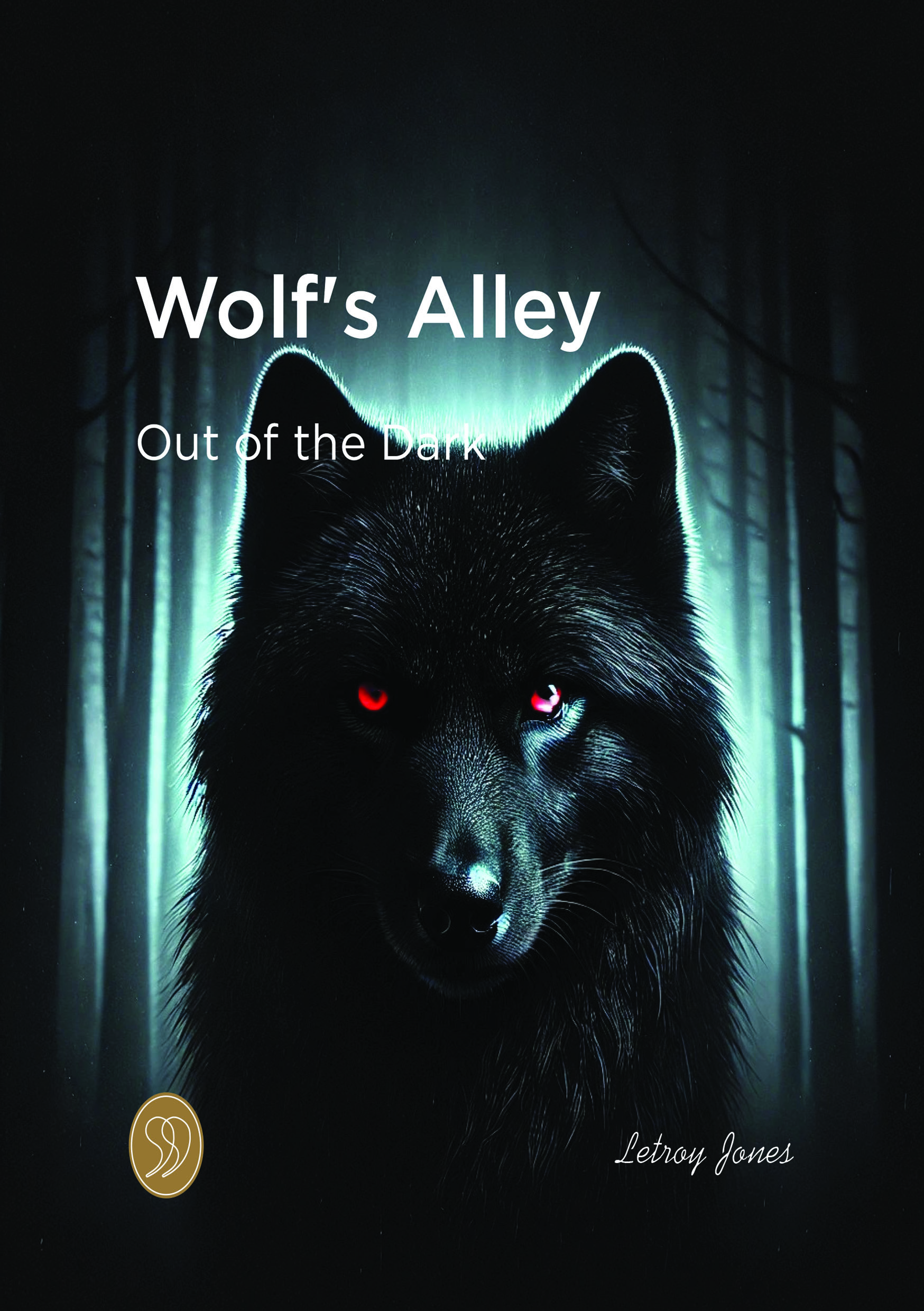



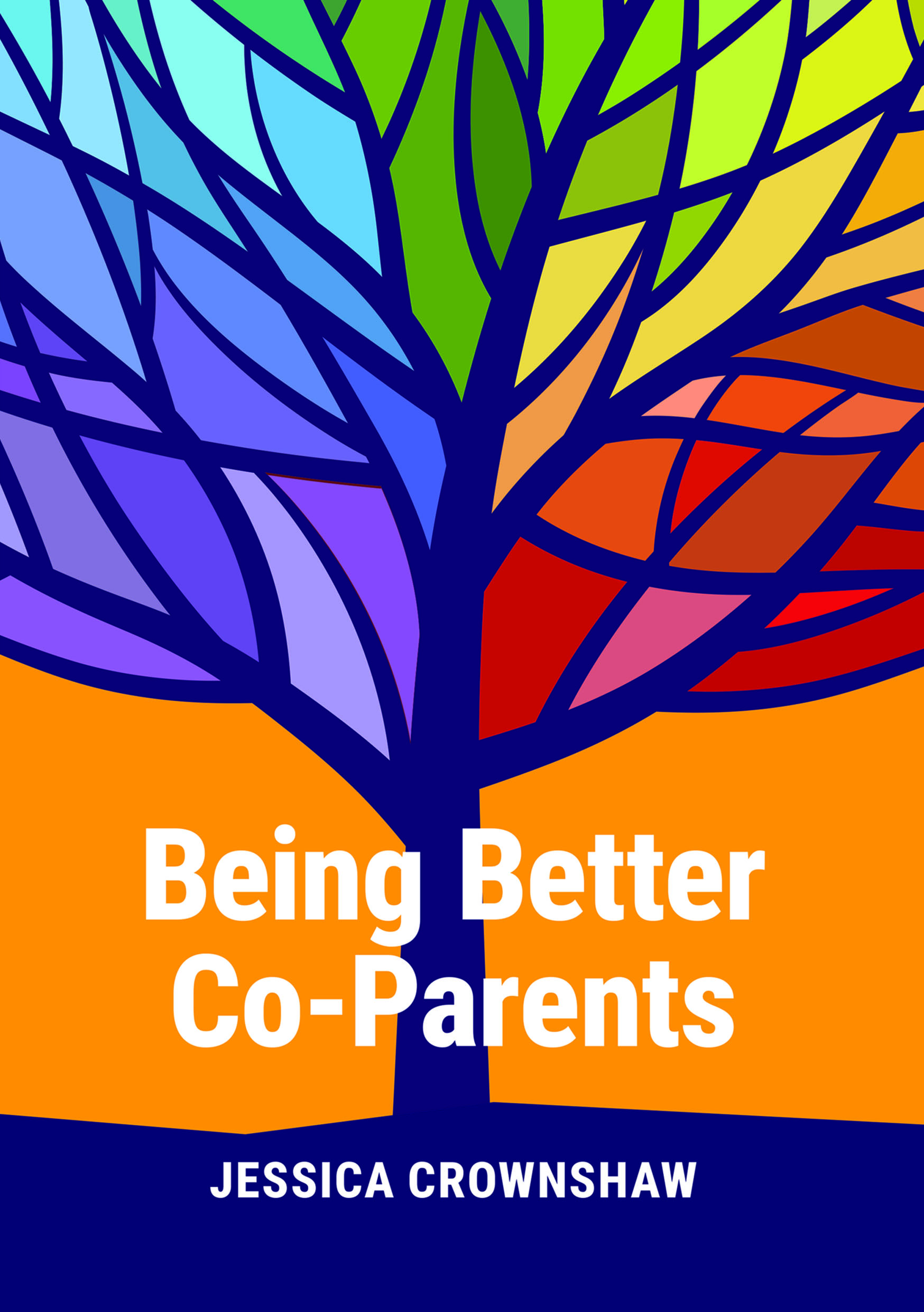

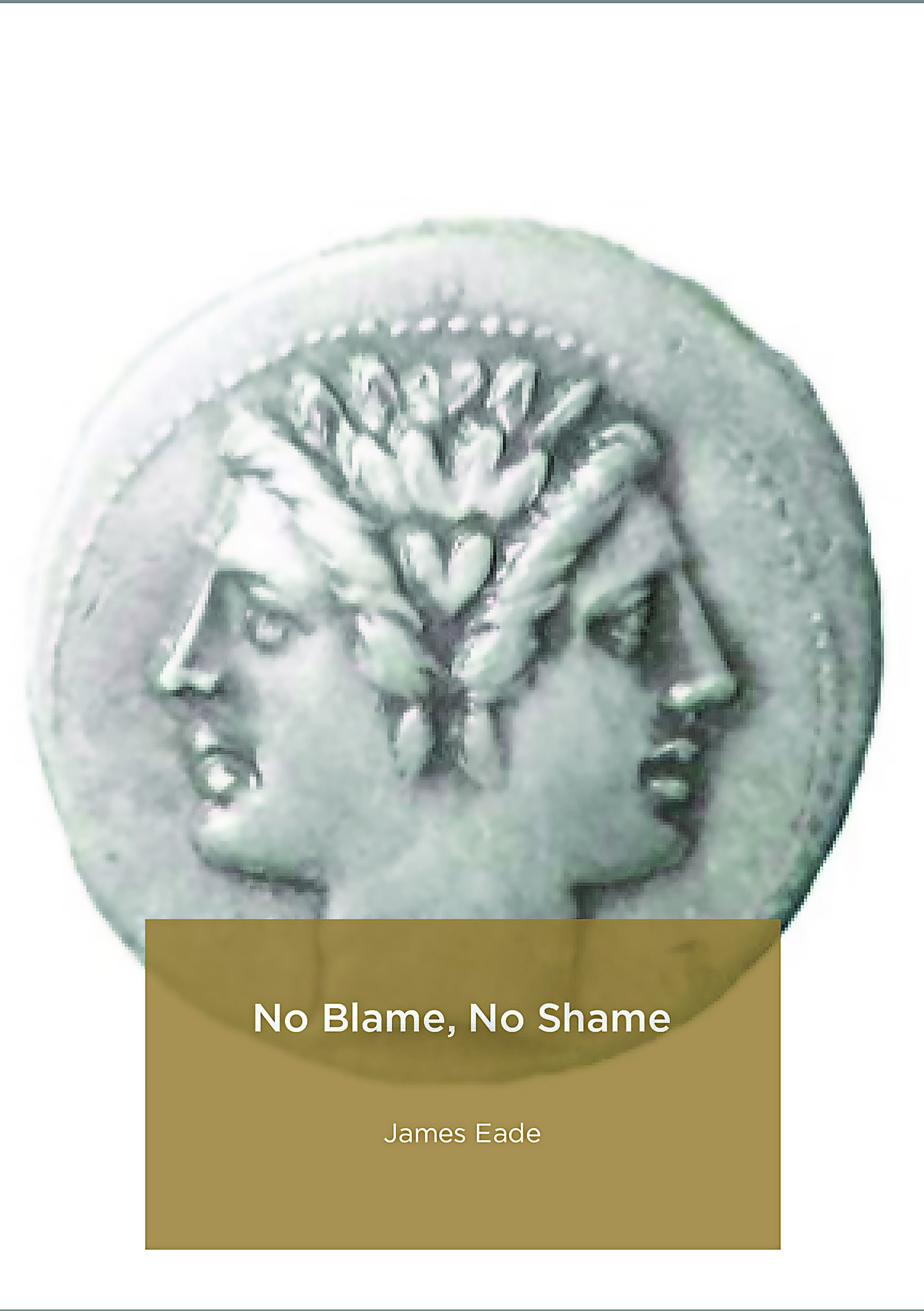

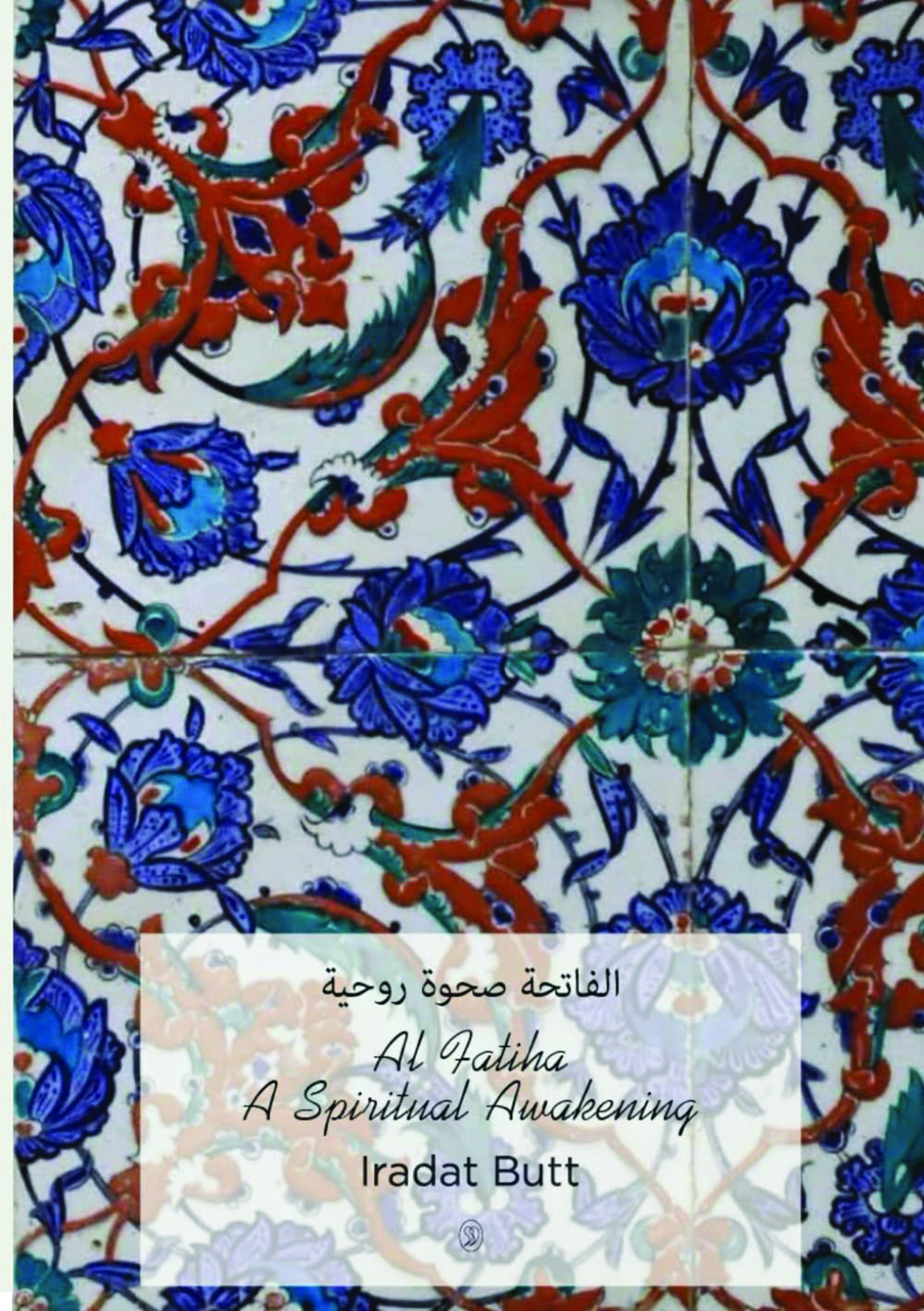



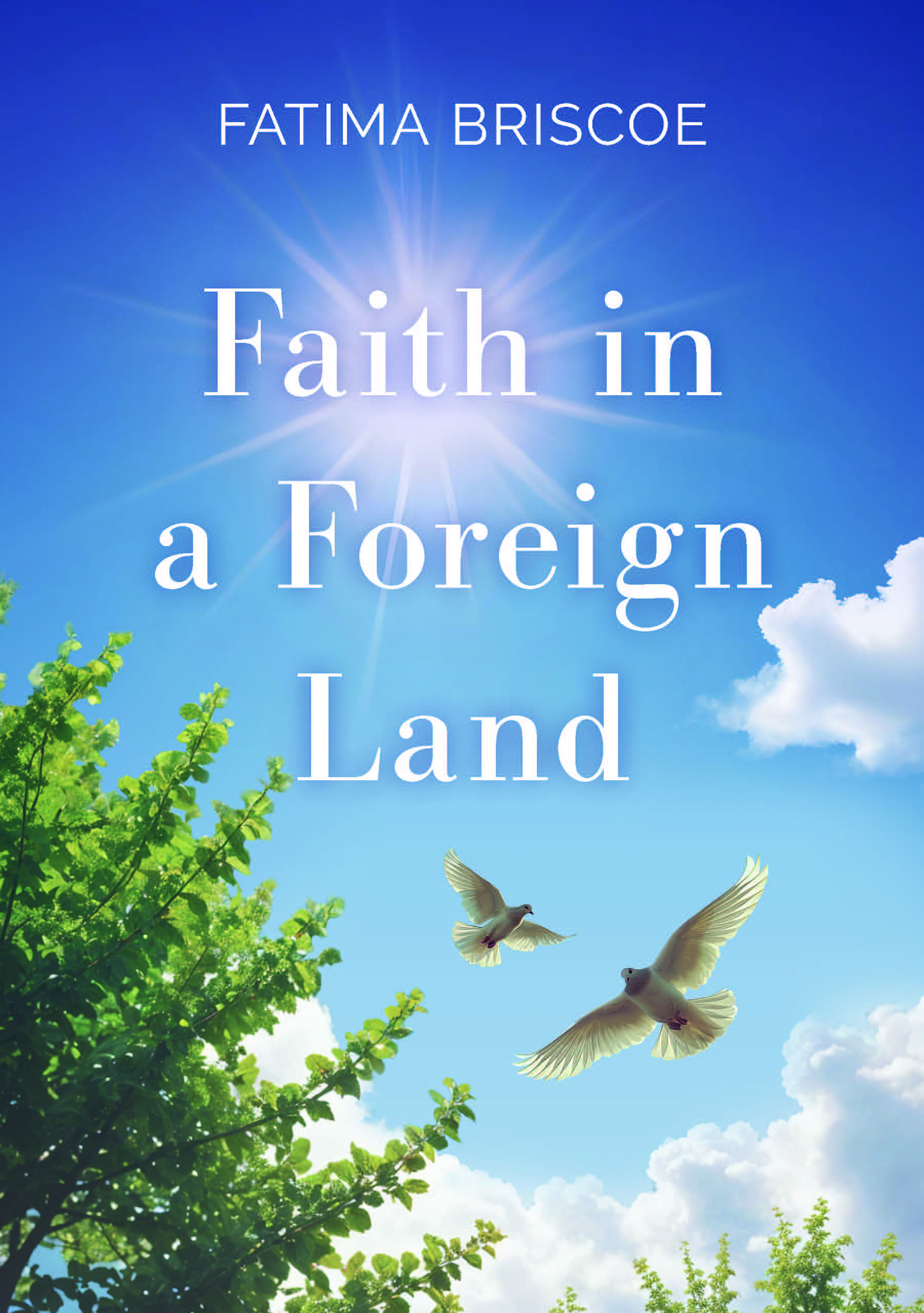

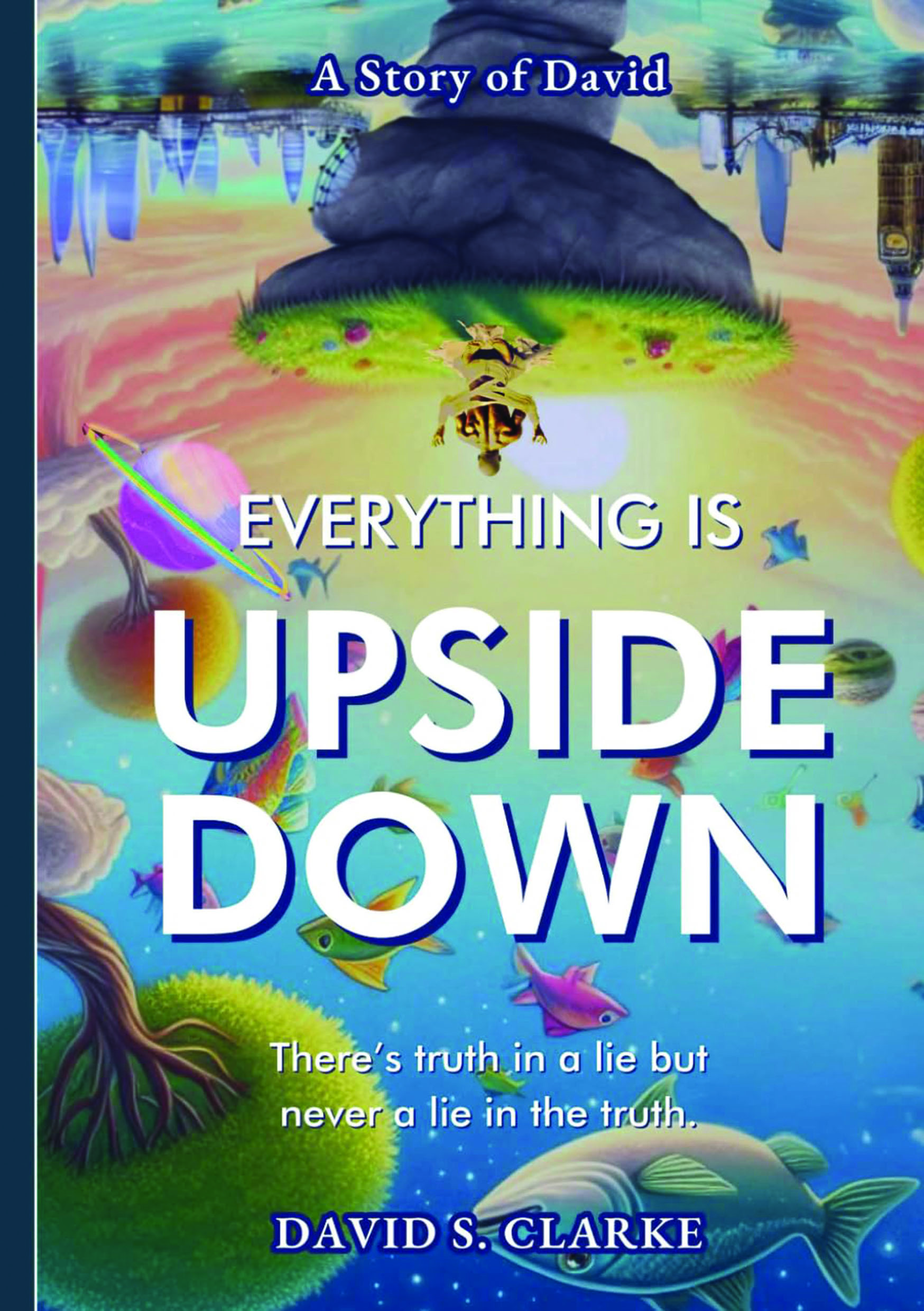

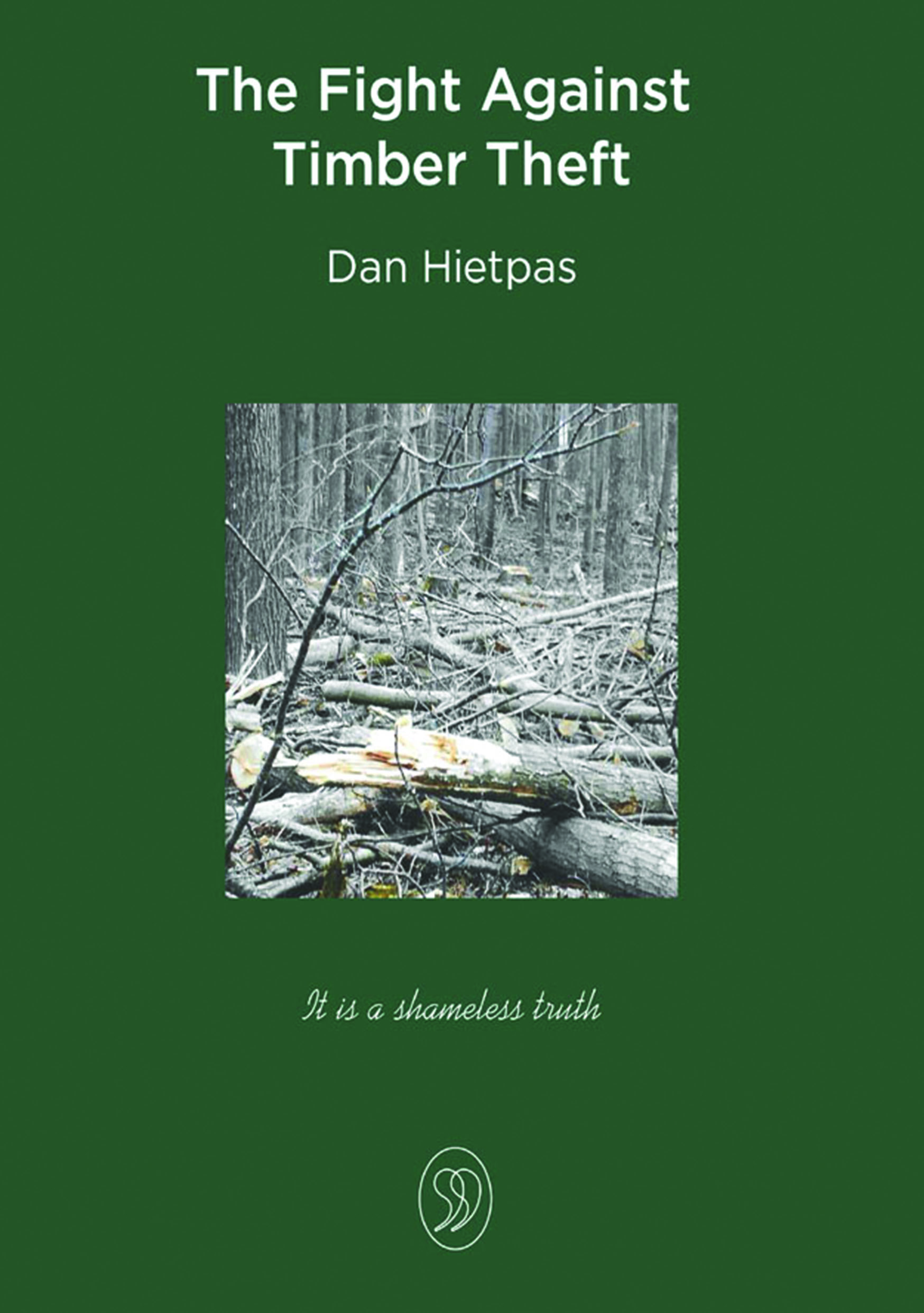

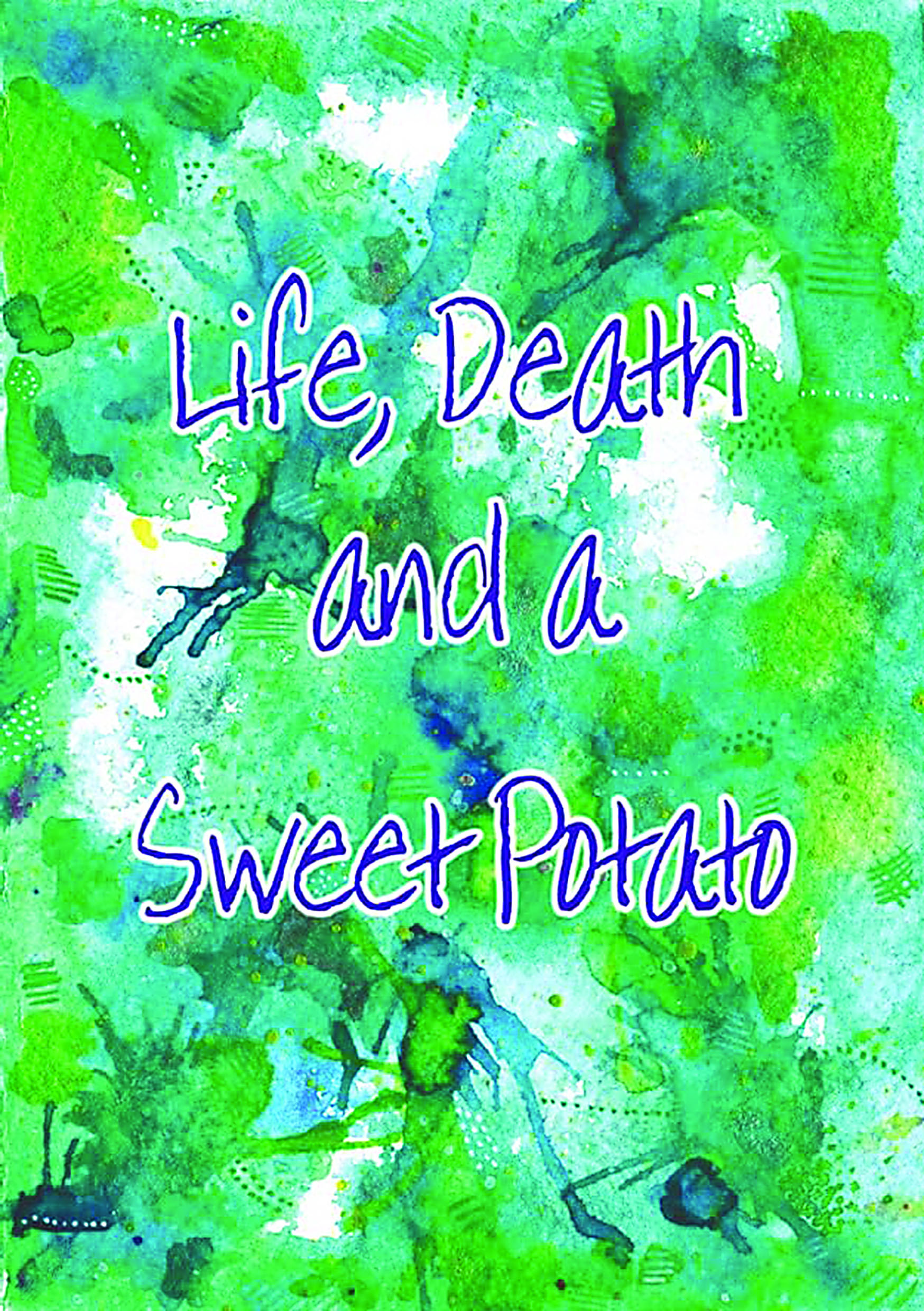

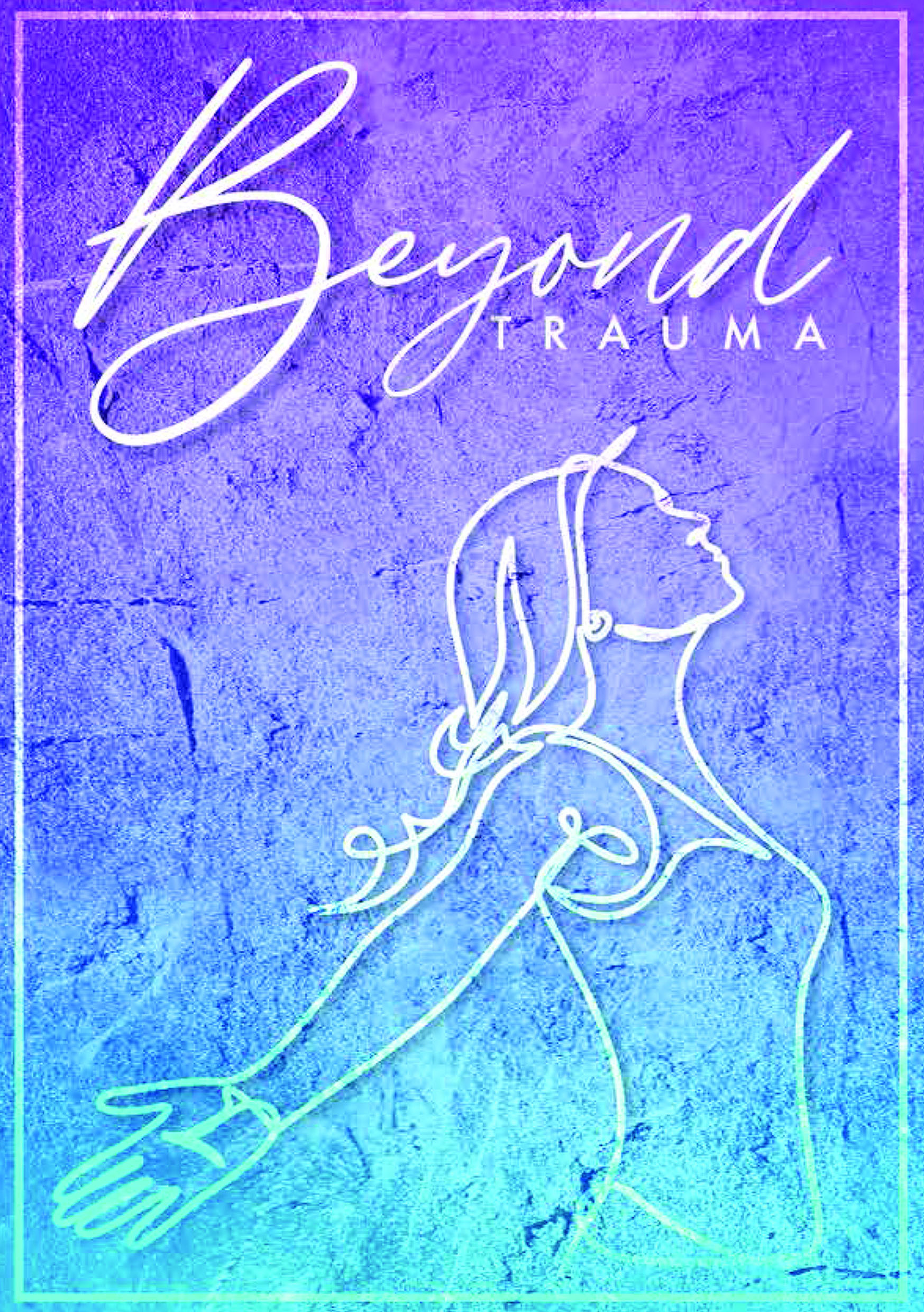



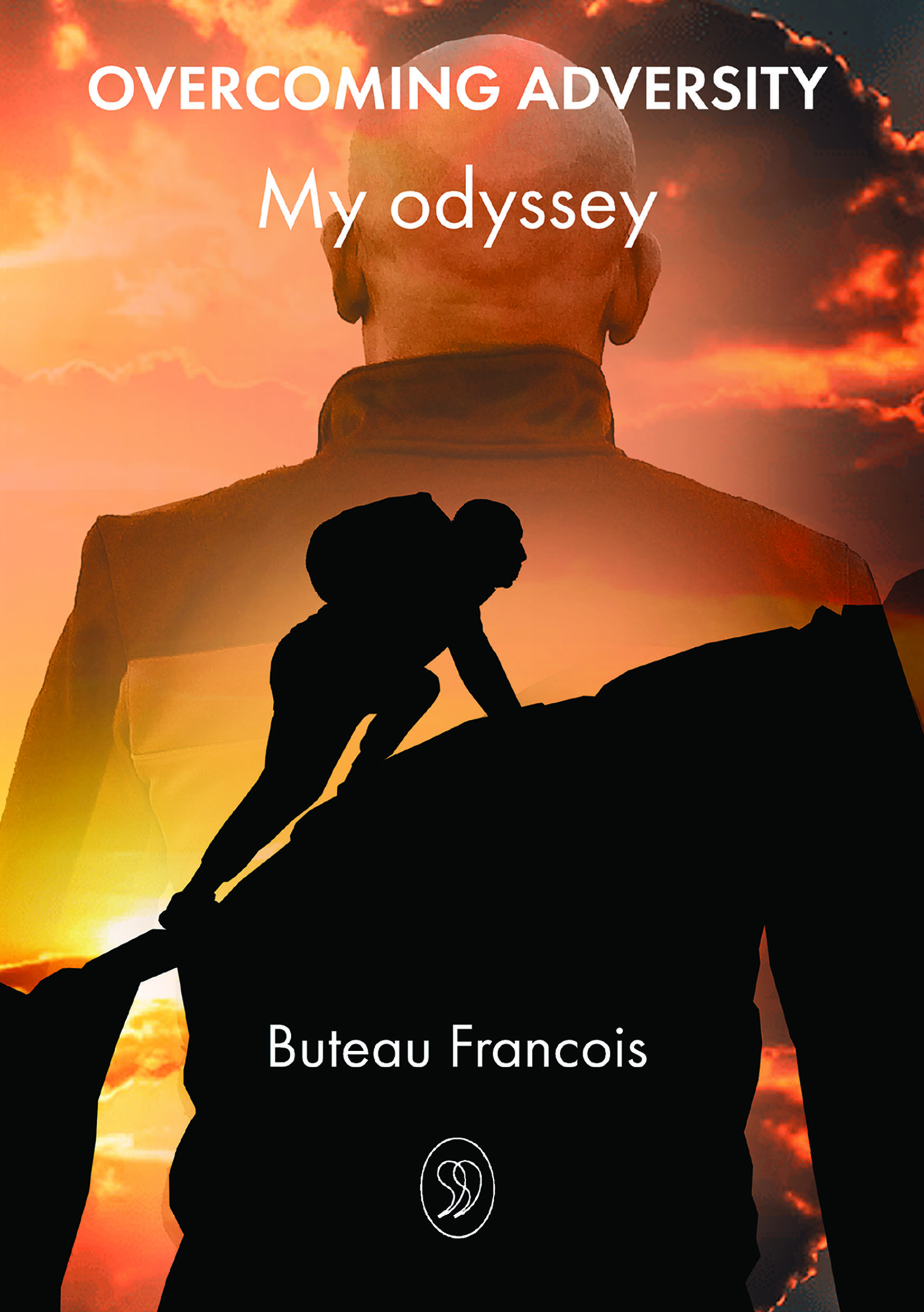



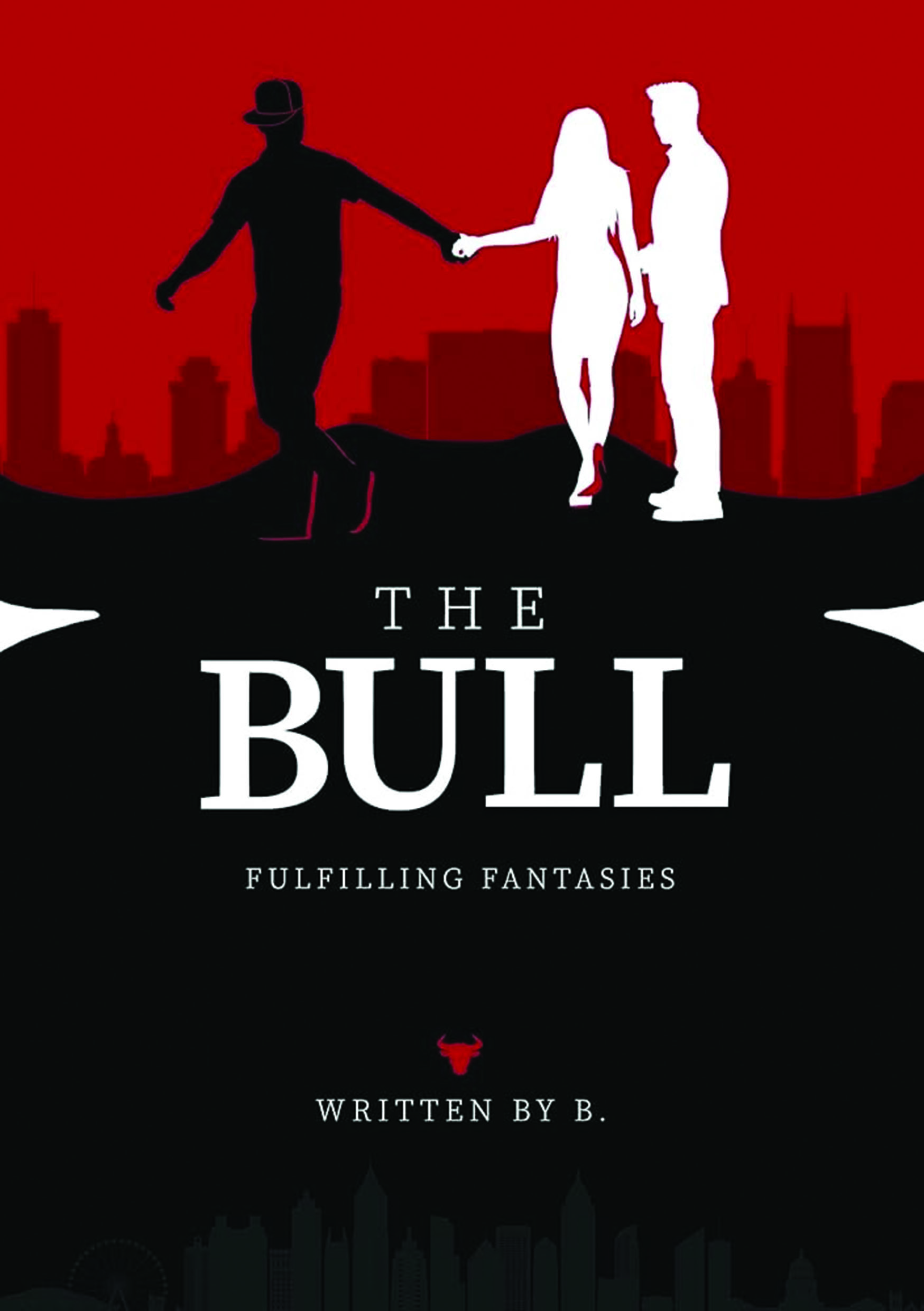





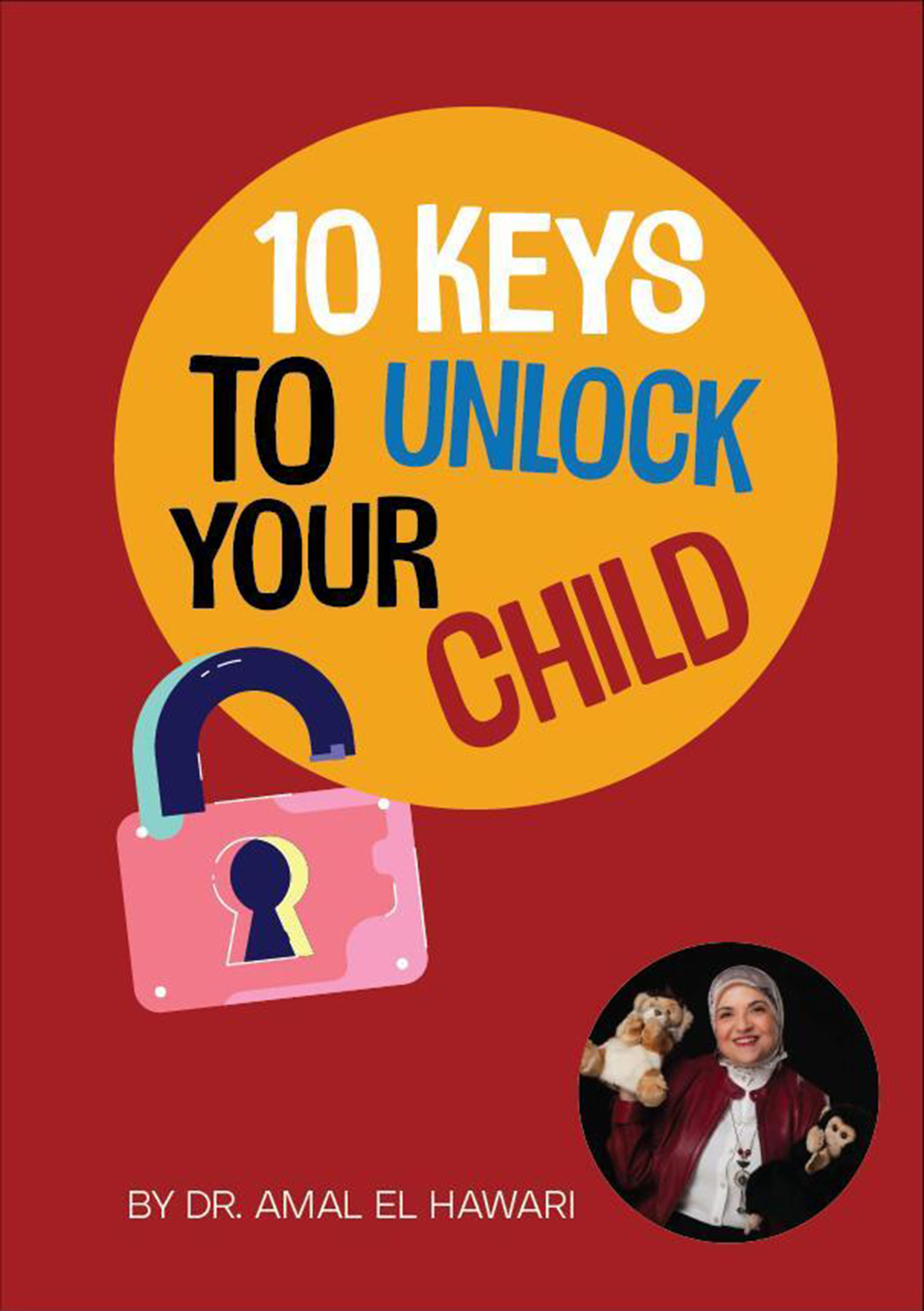

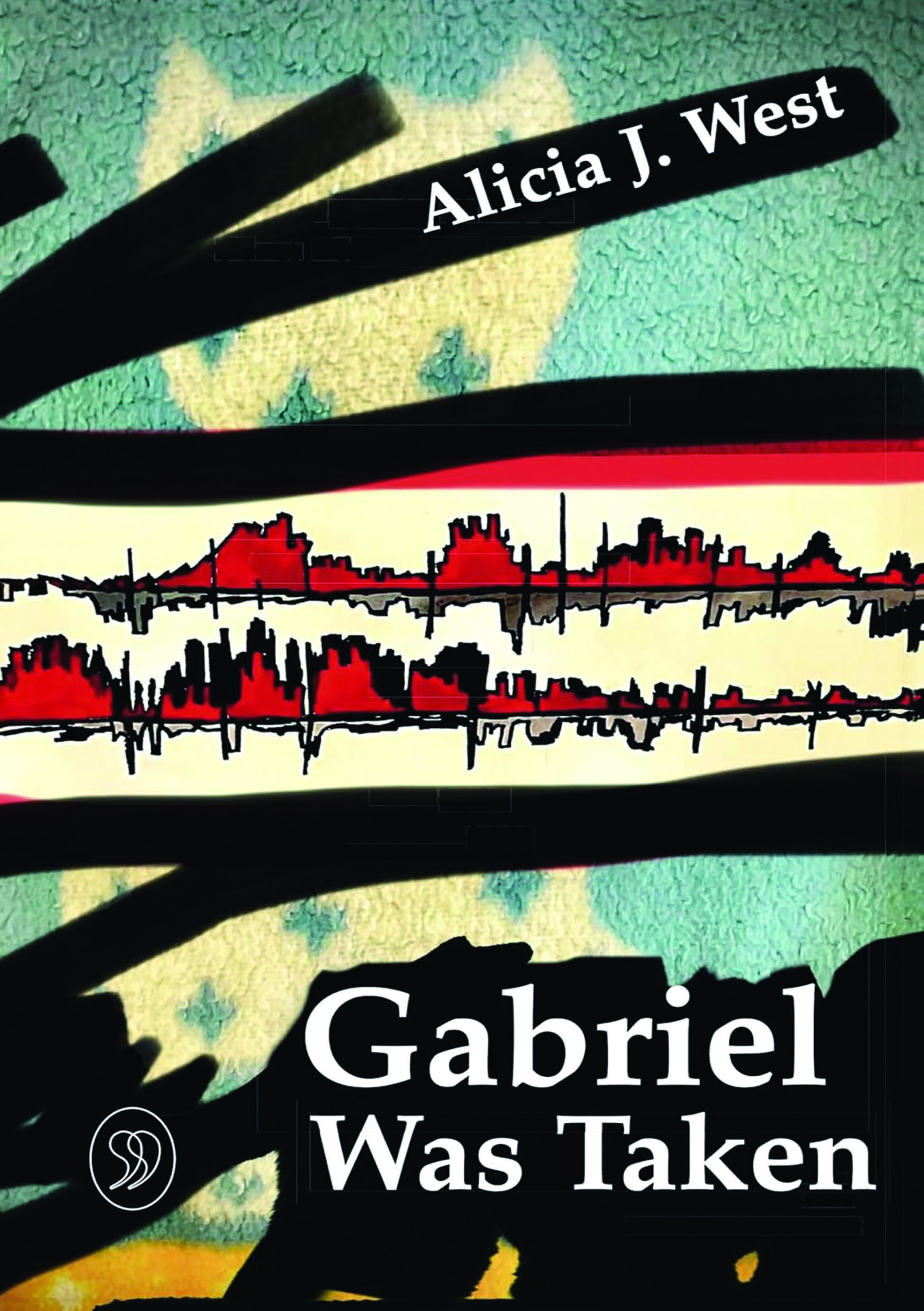









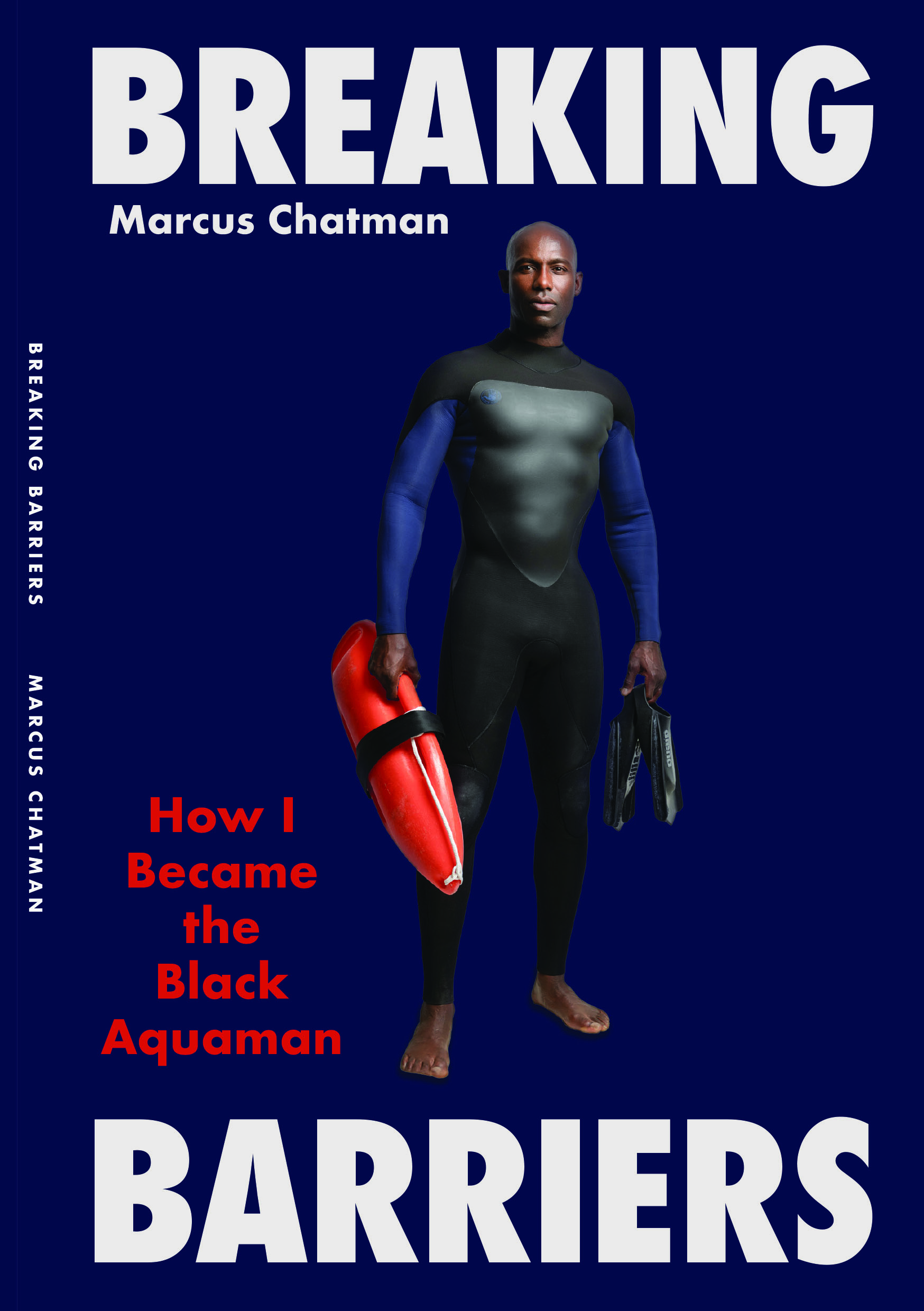



.jpg)









.webp)
























